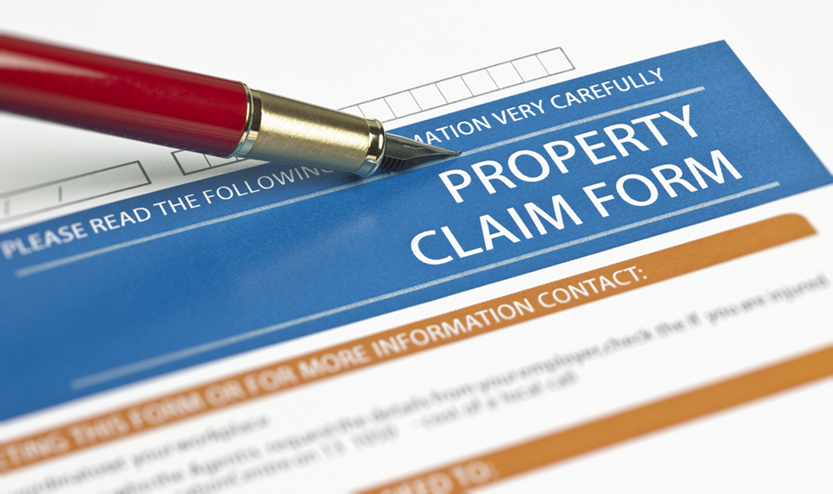Did a recent storm blow off part of your roof, resulting in water damage? Did a houseguest trip, fall and injure him- or herself on your stairs? Did your sweet puppy that’s never hurt anyone before just bite your new neighbor?
If any of these scenarios sound familiar, then you might be considering filing a claim with your home insurance company. But, how will it impact your policy? Will it increase your premiums? And, will you still be able to file more claims if needed?
What Happens When You File a Claim
According to The Nest, when you file a claim on your homeowners insurance policy, the data is entered into the Comprehensive Loss Underwriting Exchange, usually referred to as CLUE. This is a national database that insurers use — along with your credit profile — to determine your risk profile, which in turn impacts your premiums and chances of your policy being renewed.
Note, according to Bankrate.com, there are certain types of claims that are more likely to result in higher premiums. These include dog bites, slip-and-fall claims and water damage. On the other hand, claims due to weather events — which are out of your hands — usually don’t cause a rate hike.
It’s also important to note that if you’ve filed more than one claim in three years, it can be a red flag for insurers, since frequent claims can indicate either a high risk insured or fraud.

Information stays on your CLUE report for seven years. You can request a copy of your CLUE report from LexisNexis and even dispute information on it if it’s inaccurate.
Know When to File a Claim
When you understand the importance of your CLUE report, it should be clear that you don’t want to file a claim without thinking it through properly first. For example, if your dishwasher broke and caused $1,500 worth of water damage but your deductible is $1,000, then you’re probably better off paying everything out of pocket to avoid an entry on your CLUE report. However, in the unfortunate event that a part of your home is destroyed by a fire — causing tens of thousands of dollars in damage — and it’s not your fault, you should definitely file a claim.
When you’re being held liable for injury to a third party — for example in the event of a slip-and-fall incident or a dog bite — you’re best advised to file a claim, according to Trulia. The reason for this is that these types of claims typically involve large sums, and if you first try to settle yourself but to no avail and then submit a claim, the insurance company can deny you coverage. Moreover, your insurance policy also covers your legal costs.
Be Smart About Submitting a Homeowners Insurance Claim
Clearly, your homeowner’s insurance is a bit more complicated than a “rainy day fund” you can draw upon as needed to deal with issues regarding damage to or on your property. So always think about how a claim will impact your CLUE report before submitting one to your insurance company.




